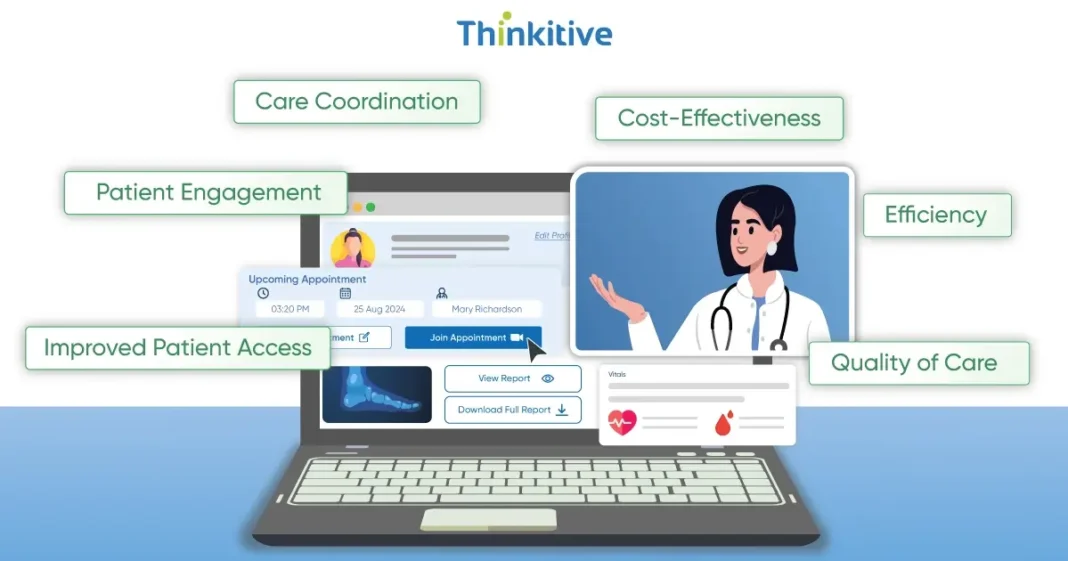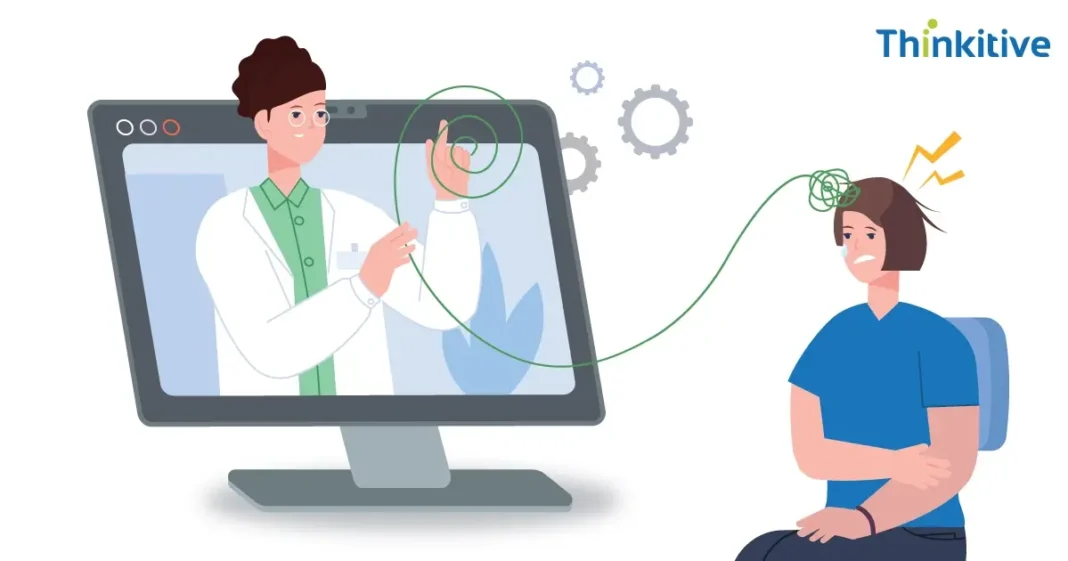As the healthcare industry is slowly moving towards a completely digital and virtual healthcare landscape, the need for custom telemedicine software is becoming more and more essential. While the global healthcare industry is already struggling with a shortage of healthcare staff, technology seems to be the most appropriate and logical solution to tackle this situation.
Improved Patient Access and Convenience
Telemedicine software for specialists enabled them to provide virtual healthcare services. By using a custom telemedicine software they can curate their digital healthcare workflow according to their needs.
Improved Quality of Care
Another benefit of telemedicine software for specialists is that it improves the quality of care. With EHR integrations for seamless data transfer access data can also be enabled and with a customized approach specific path way of clinical data and care journey can be easily curated within the software. This enables patients to access specialized care in a more personalized way.
Tailored to Your Specific Needs
However, one thing that should not be ignored is choosing the right custom healthcare software development vendor and ongoing maintenance and support for your customized solutions. Since these two aspects are often interlinked with each other, they can define the success or failure of your virtual healthcare services using custom telemedicine software.
Conclusion
In a nutshell, custom telemedicine software bridges the gap between healthcare providers and patients by improving healthcare accessibility with the use of telecommunication technology. It removes the geographical barriers in accessing care, improves patient care, healthcare efficiency and reduces the overall expenditure on healthcare.
All these benefits along with virtual medical consultations makes custom telemedicine software a need for healthcare providers moving ahead in the digital healthcare landscape. So, what are you waiting for? Prepare for the future today with custom telemedicine software development.




